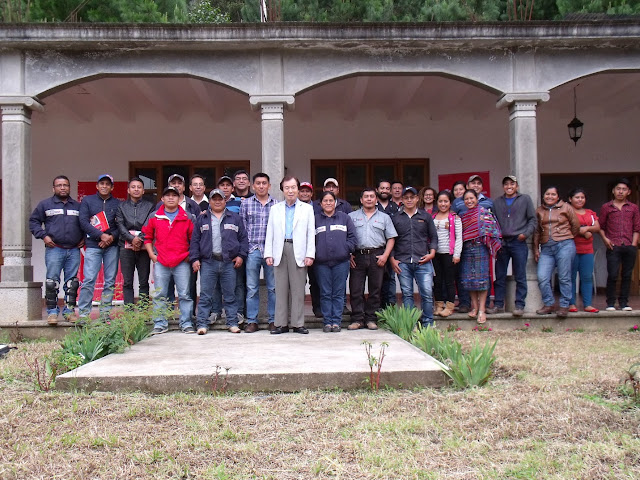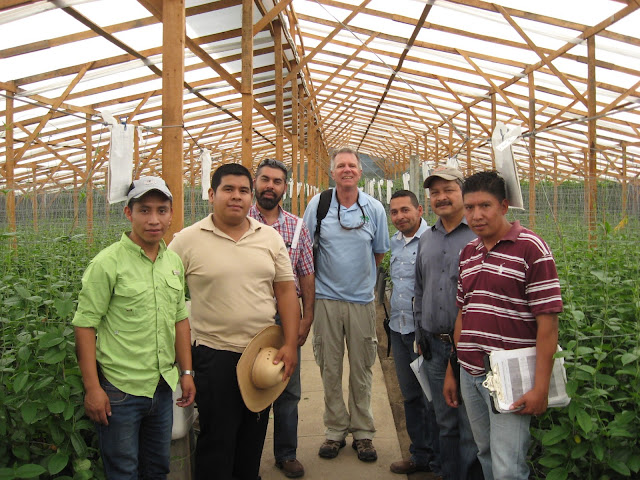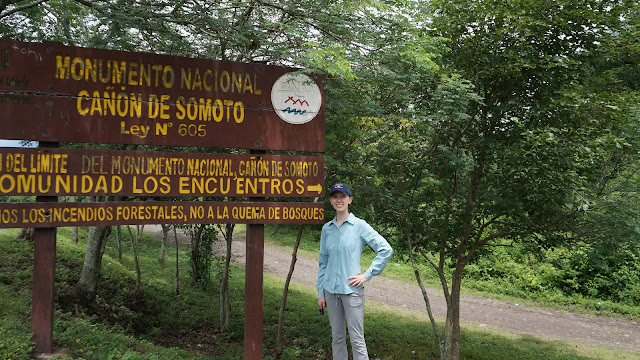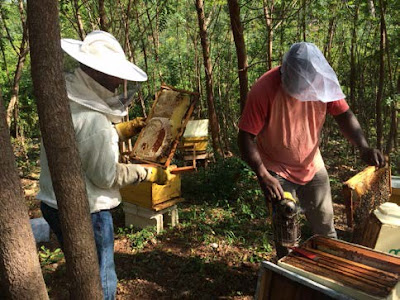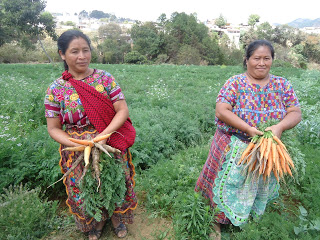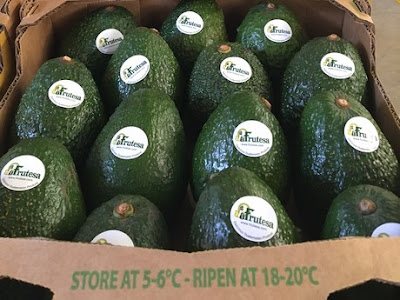Major Findings & Recommendations from the “Food Security and Emigration: Why People Flee and the Impact on Family Members Left Behind in El Salvador, Guatemala, and Honduras” Report.
On August 21st, Partners of the Americas’ Agriculture & Food Security (AFS) team had the opportunity to attend a ceremony at the historic Hall of the Americas in Washington, D.C. The event was centered around the launch of a new collaborative report between the the Inter-American Development Bank (IDB), the International Fund for Agricultural Development, the International Organization for Migration (IOM), the Organization of American States (OAS) and the World Food Programme (WFP), titled “ Food Security and Emigration: Why People Flee and the Impact on Family Members Left Behind in El Salvador, Guatemala, and Honduras ”. As the title of the document shows, the report was focused on the food-related factors that prompt people from Central America’s Northern Triangle region to migrate to other countries, mainly the United States. As the international development organization in charge of implementing the USAID-funded Farmer-to-Farmer (F2F) program in Latin America and the Cari...
